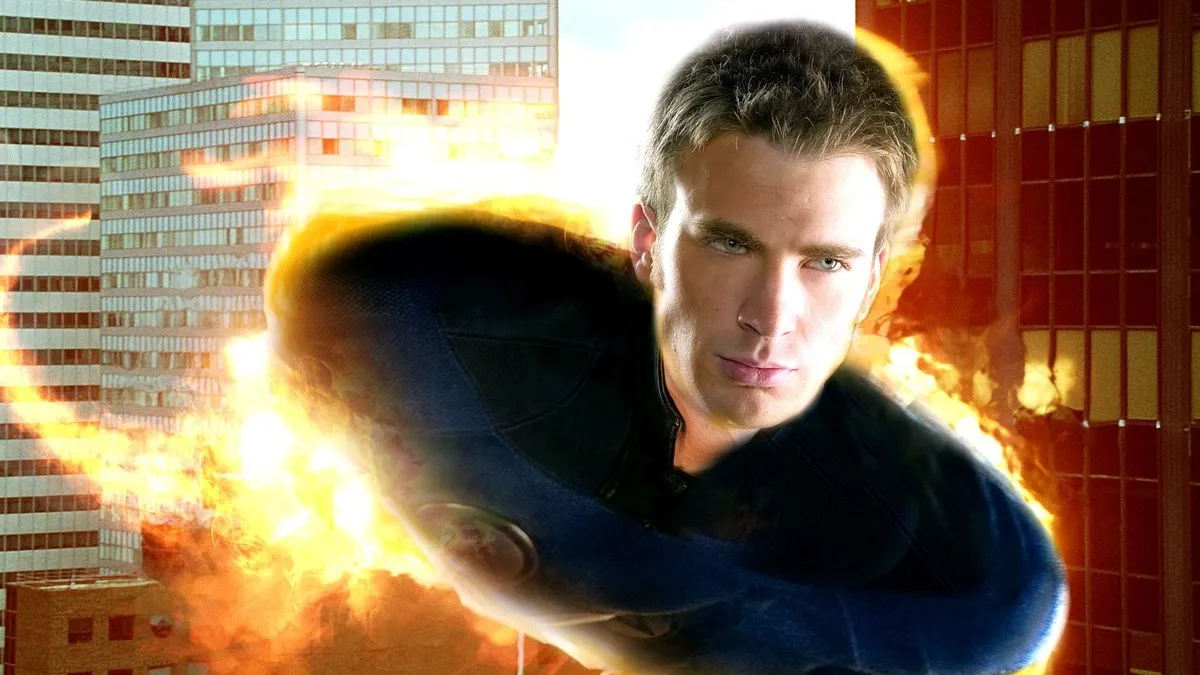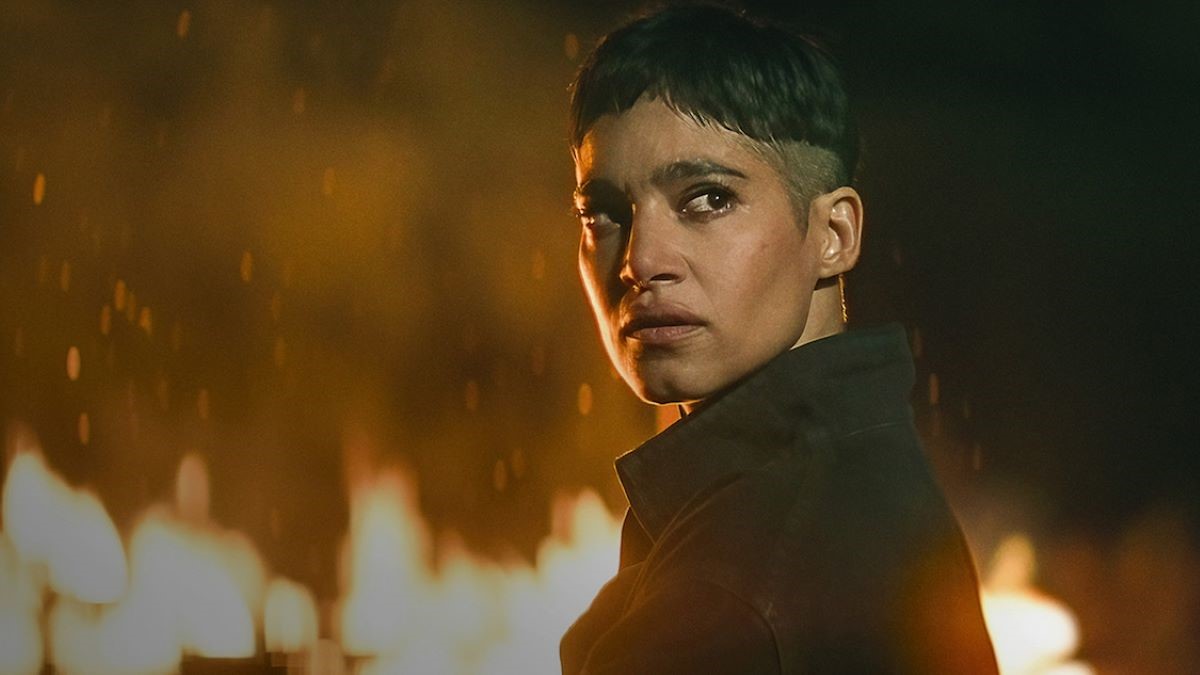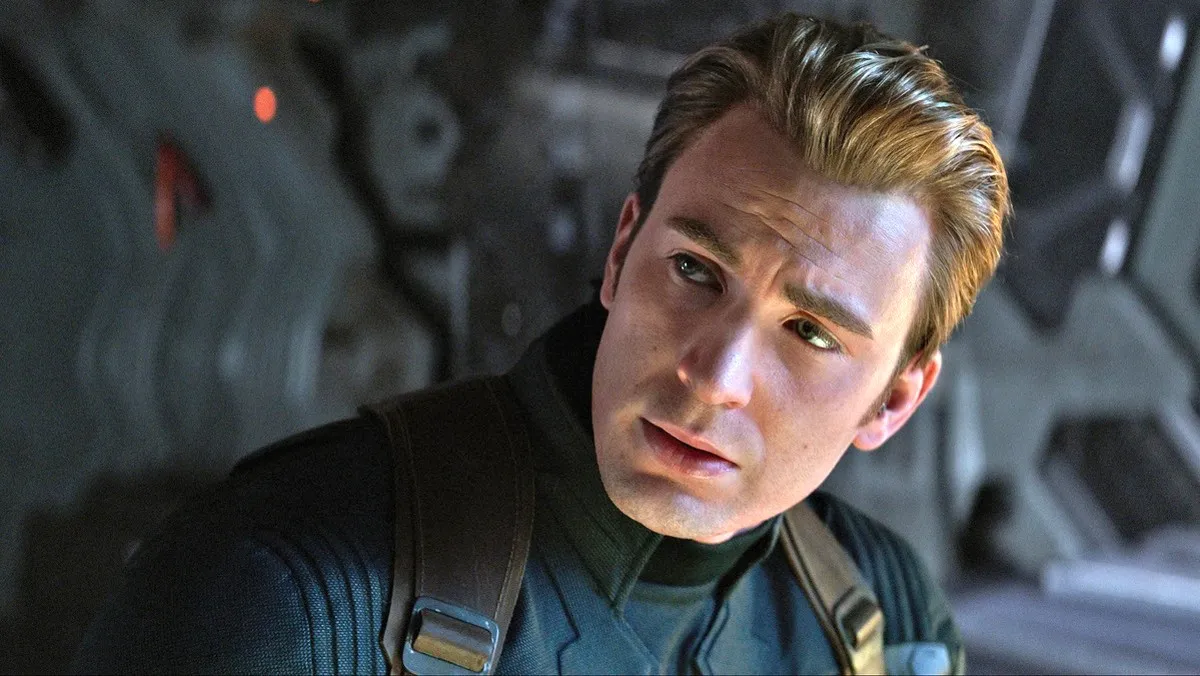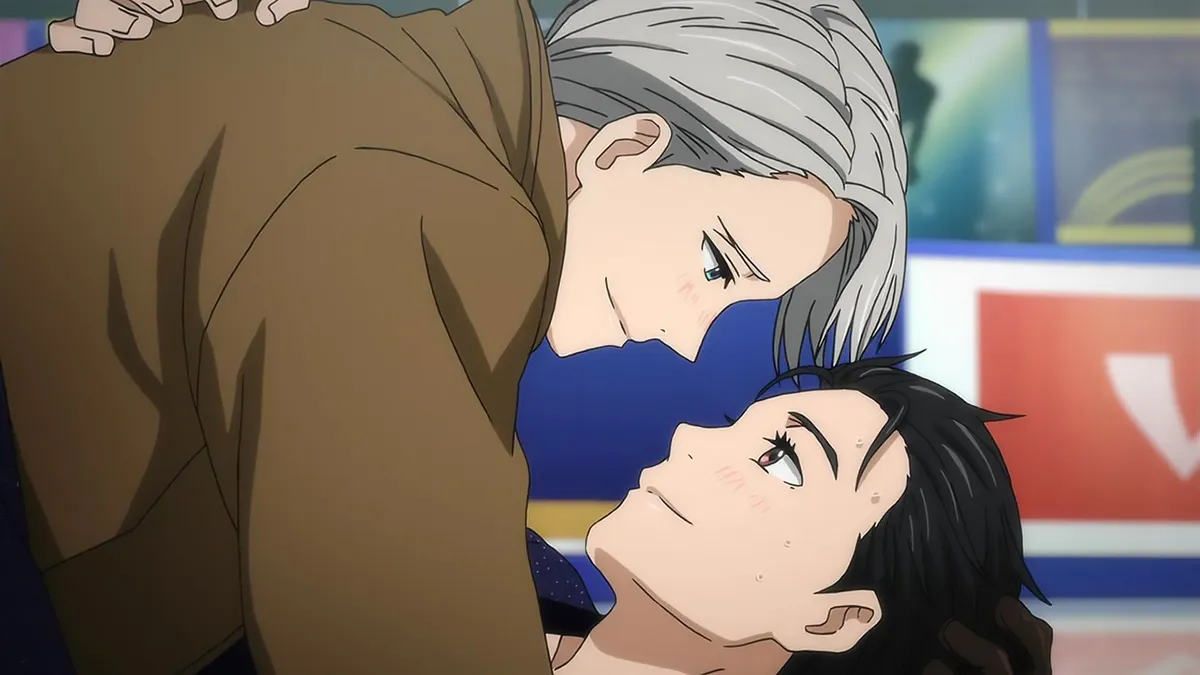
As a 20-year-old film critic, one of the things I always look out for, and do my best to thoughtfully report on, is how filmmakers represent modern teenage life. Having been in high school only a few years ago, the lack of authenticity in cinematic representations of adolescence is a constant annoyance to me, albeit one I understand. Those who have progressed enough in their careers to actually get movies made are far removed from their teenage years, and if youth is a subject they want to tackle, they will either have to craft a period piece specific to their personal memories and experiences – which can turn out spectacularly, as both Stephen Chbosky’s The Perks of Being a Wallflower and David Chase’s Not Fade Away, for instance, took spots on my 2012 top-ten list – or work in a contemporary setting and risk seeming completely out of touch. While issues of language, pop culture, and adolescent gender politics are always in flux, that risk seems especially severe now, given just how much technology and social networking have changed the American teenage experience over the course of the 2000s. There are universal truths about adolescence that are incredibly difficult to depict no matter the period – the inexperienced, reckless, and experimental mindset of teenagers quickly becomes foreign to us once we enter adulthood, and is an emotionally taxing mentality to return to – and representing how those realities interact with the rigors of modernity is such a complex balance to strike that I practically never see it captured well in contemporary film.
But Sofia Coppola gets it. Perhaps it is because she has spent her entire career following characters who are fundamentally lost, as most teenagers are, but in The Bling Ring, her understanding of modern American adolescent life runs impossibly deep. The real events that inspired the film – a group of teenagers who, between 2008 and 2009, robbed multiple celebrity houses in LA for upwards of $3 million in clothing, accessories, and cash – are in no way universal experiences, but the emotions and cultural influences that inspired them absolutely are. Coppola is interested in what happens when the instability of adolescence intersects with a culture overwhelmingly obsessed with materialism, a culture that has commodified fame as a packaged good, disconnected it from any sense of morality or individual identity, and placed it on a pedestal as something to strive for.
What she is not interested in, I must stress up front, is a ‘good’ or ‘entertaining’ time. The Bling Ring is an unpleasant film. Extremely so, at times. Its characters start from a point of vanity and grow increasingly repulsive as the film moves along. There is no ‘moral’ to the story, and no attempt at finding redemption. While the film is frequently humorous, the laughs stem from an overriding sense of discomfort that permeates the entire experience, and those looking for a clear, overriding statement on the subject matter, one that ties everything together with a nice, comforting bow, will be completely turned off.
This is all intentional. Coppola’s aim is to depict the worst of what middle and upper-class teenage life can become at this specific moment in time, and in doing so, she has crafted a gloriously repugnant fever dream of reckless excess, rampant insensitivity, and spiritual isolation, one that is absolutely effective in getting its desired visceral reaction from the audience.
What struck me most, from the very beginning, was the absolute authenticity of the dialogue. Coppola’s script captures, as well as any film I have seen in the last few years, how teenagers currently speak; the rhythm, cadences, and slang of modern adolescent speech is spot-on, and it serves the film particularly well in its opening scenes. Newcomers Katie Chang and Israel Broussard play protagonists Rebecca and Mark, two troubled teenagers who have been sent to a remedial high school, and language plays a huge part informing how their complicated friendship originates. Both are awkward, restless, and wandering, and they seem to find a measure of direction in each other, even if that direction happens to include a penchant for theft. Driven primarily be Rebecca, the two have a habit of swiping wallets and purses from cars, and eventually breaking into large, unlocked houses. They have no clearly compelling reason to do so other than boredom, but the theft gives them a semblance of control over their own lives; combined with the invincibility complex most teenagers develop, thinking their actions will not have consequences because they are young and inexperienced, Mark and Rebecca are only emboldened by their success.
Recklessness is, of course, a major theme of the picture, as it must be when dealing with misbehaving teens. Coppola captures, as clearly as I have ever seen on film, the instinctual way teenagers tend to feel their way through life, moving entirely in the moment and rarely making conscious, reasoned decisions when sharing one another’s company. The instinct Rebecca develops after her and Mark’s initial thefts is to take, not as an ideology or life plan, but as a basic way of being that has no connection to morality. In the hyper-materialistic, celebrity-fueled culture of Los Angeles, that leads her to instinctually believe she can take whatever aspects of fame she wants, and when she convinces Mark to help her break into Paris Hilton’s house while the socialite is out of town partying, her instinct is, at least for the moment, vindicated. Drunk on the amount of glamour available to her in that house, this becomes a new hobby not only for Rebecca and Mark, who gradually evolves by osmosis to think like her, but for their entire circle of friends, all of whom begin entering celebrity houses with them, including those belonging to Orlando Bloom, Rachel Bilson, and Lindsay Lohan.

One thing the film gets absolutely, dead-on accurate is how teenagers interact with and are influenced by Facebook. The characters are constantly taking pictures of themselves and each other, uploading them to their profile pages and checking to see how they stack up to their friends, and it not only feels authentic to how online social networking impacts real-life interactions, but is thematically germane to the film’s fundamental ideas.
Facebook is just one of many ways lifestyle has become a commodity; with the growing prominence of celebrity gossip sites, reality television, and vain entertainment news, fame is often presented as something that can be bought and sold, symbolized not by talent, ethics, or personality, but material image. These kids have come to believe that materiality and identity – both outward and inward – are not only connected, but interchangeable; beauty, desirability, and self-worth are entirely determined by possessions and appearance, and the ability – or requirement, one might phrase it, considering how adolescent social pressure is greatly enhanced by social networking – to present a glamorous image on a worldwide stage like Facebook makes the quest for material superiority intoxicating. This is what fame means to these characters, and it is why walking through Audrina Patridge’s bedroom, trying on Paris Hilton’s shoes, or wearing Orlando Bloom’s Rolexes gives them such a significant sense of fulfillment. Not only is fame something they can reach out and take, but something they are driven to show off online, creating an endless loop of possession and exhibition.
Coppola is intent on enveloping us in every detail of this loop, so in contrast to how one might envision a conventional telling of this story, she never employs montage editing to depict the many break-ins, instead devoting the majority of the second act to dramatizing robbery after robbery after robbery. It is exhausting to watch, but works exactly as intended. As the cycle of presentation, feedback, and renewed avarice wears on, each of the characters go through major arcs of transformation, growing increasingly selfish and careless as they spend more and more time living within the celebrity culture they idolize, and those sequences of break-in and stolen glamour are where we see those arcs in play.
The film itself changes alongside the characters, quickening its rhythms and quietly adjusting its style to envelop us in the fast-paced, feverish sub-culture these teenagers create for themselves. It grows increasingly hard to watch, as the characters become largely insufferable and the overall atmosphere maddeningly uncomfortable, but it is also an absolutely honest and endlessly fascinating depiction of modern teenage excess pushed to the brink. Coppola does not judge her characters, nor is she pointing to any one aspect of contemporary life as the reason for their misbehavior. She simply means to illustrate parts of a world we live in but are so often unaware of, and while it is a challenging portrait many viewers will no doubt wish to shy away from, having this vision laid down so unflinchingly is a valuable and rewarding artistic exercise.
The acting is great across the board, with Coppola coaxing beautifully naturalistic work from her entire young-adult cast, especially Chang and Broussard. Emma Watson may be less prominently featured than the advertisements would have you believe, but as the vainest member of the group, Nicki (based on the real-live member of the bling ring who spun her arrest off into a reality TV show), she delivers one of her most finely observed, lived-in performances to date, and steals quite a few scenes in the process. Technical credits are uniformly strong, with thoughtful and provocative cinematography and Coppola’s expectedly eclectic and wildly effective use of licensed music standing out as particularly notable accomplishments.
The Bling Ring will not be for everyone, and I am the first to admit that I cannot see myself ever watching the film again for ‘fun.’ It is an intentionally difficult watch, and if you do choose to see it, I highly recommend going with others you can share in discussion with afterwards. The Bling Ring works best as the kick-off to an open forum about the many sociocultural issues it raises, and if you are willing to go deep enough with it, I guarantee the experience will be rewarding.
[springboard type=”video” id=”737577″ player=”wgtc007″ width=”600″ height=”350″ ]





